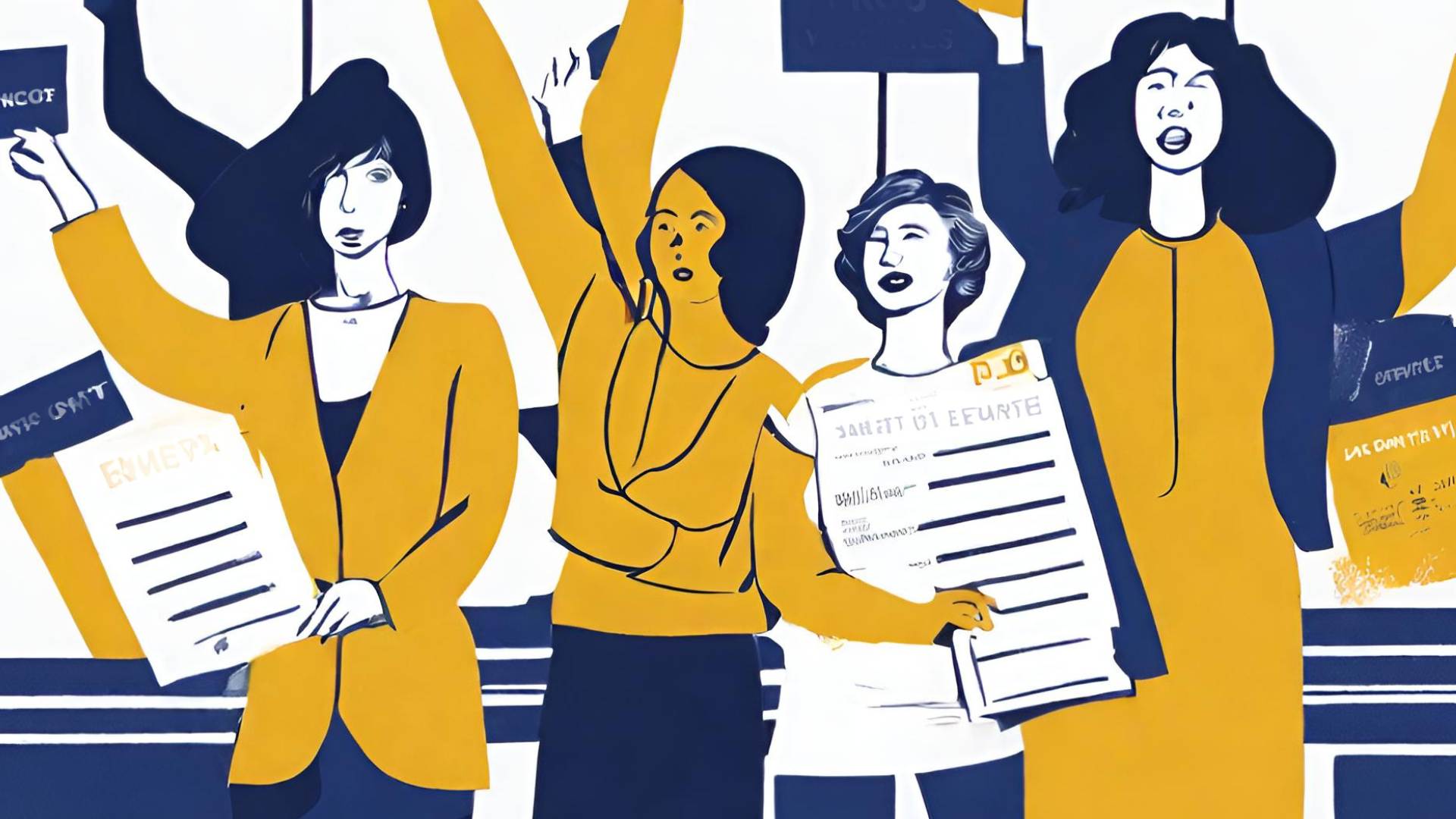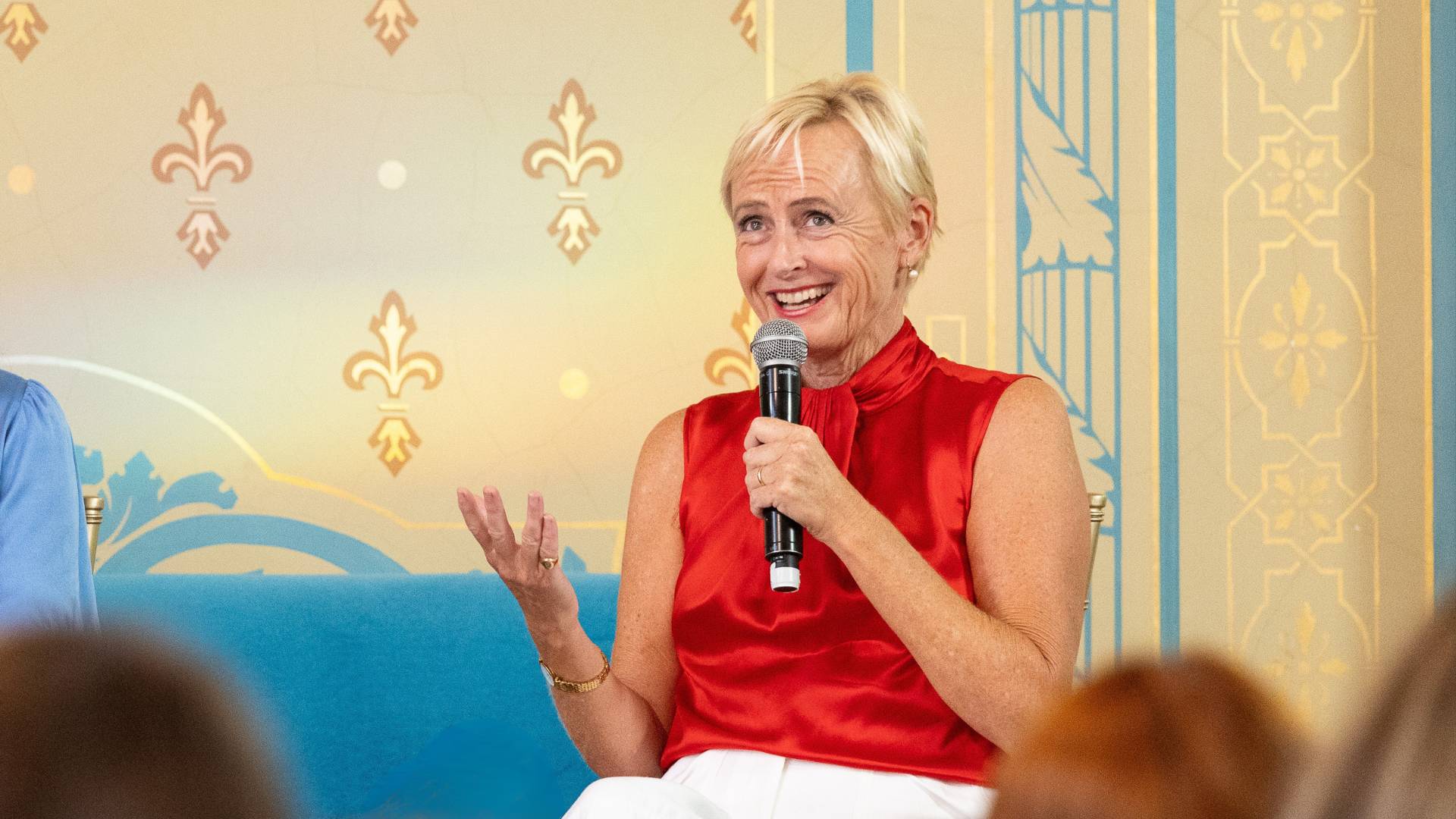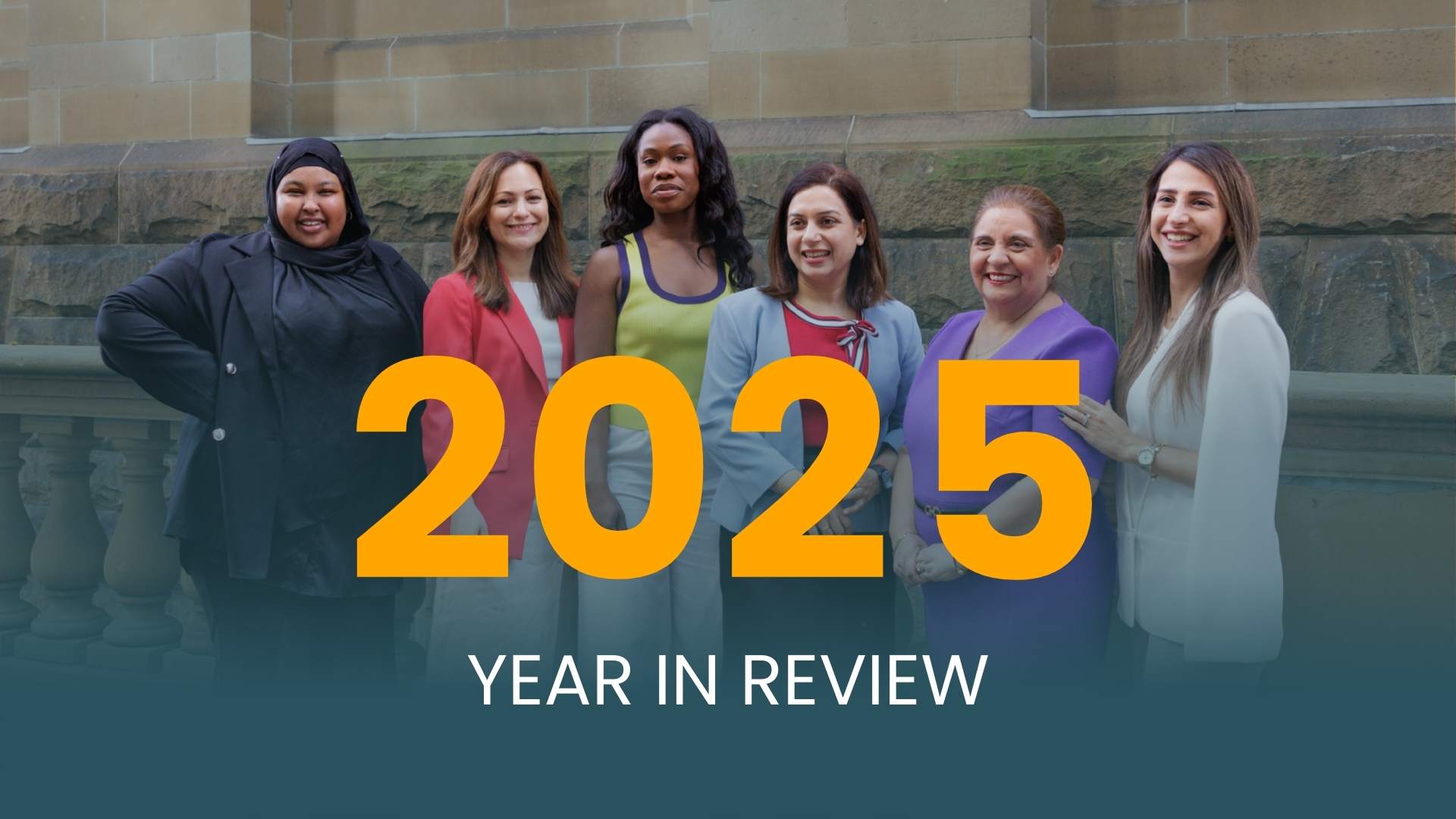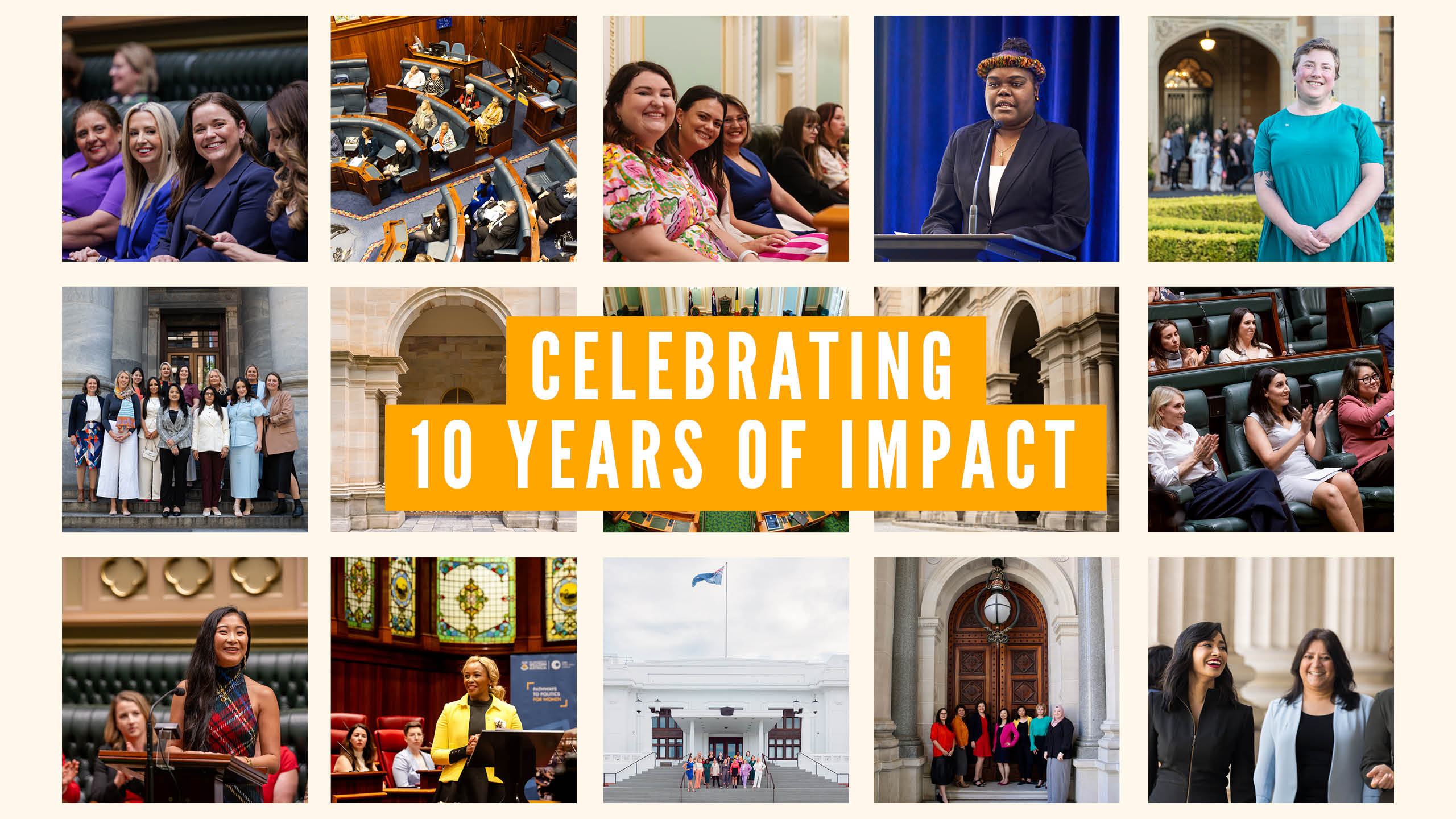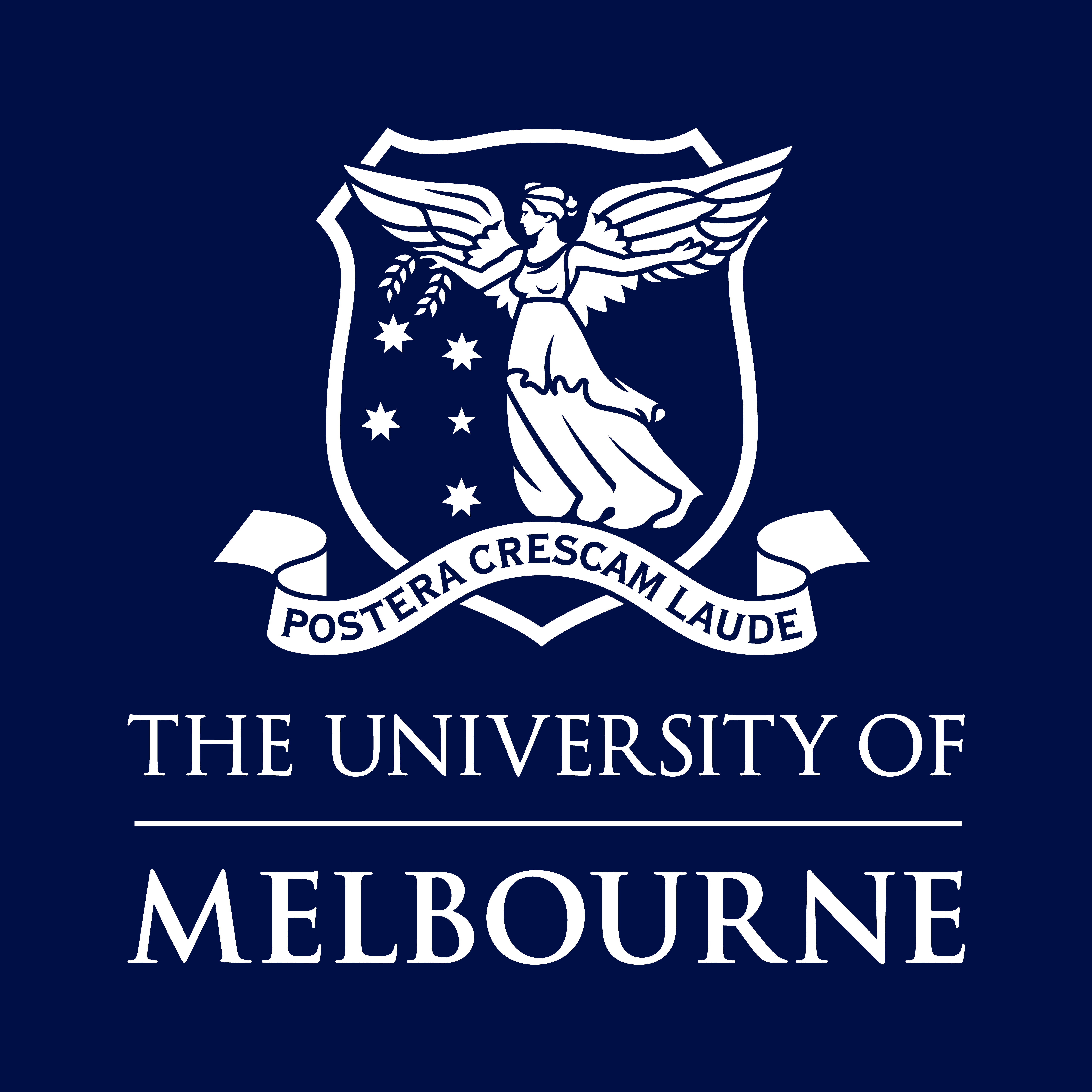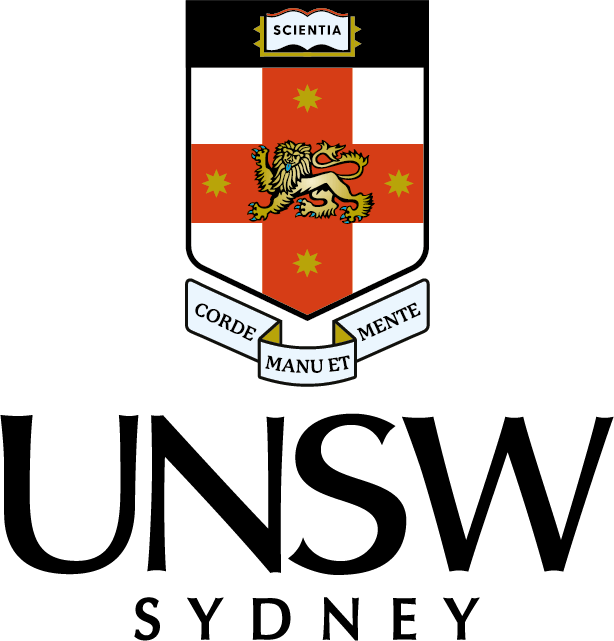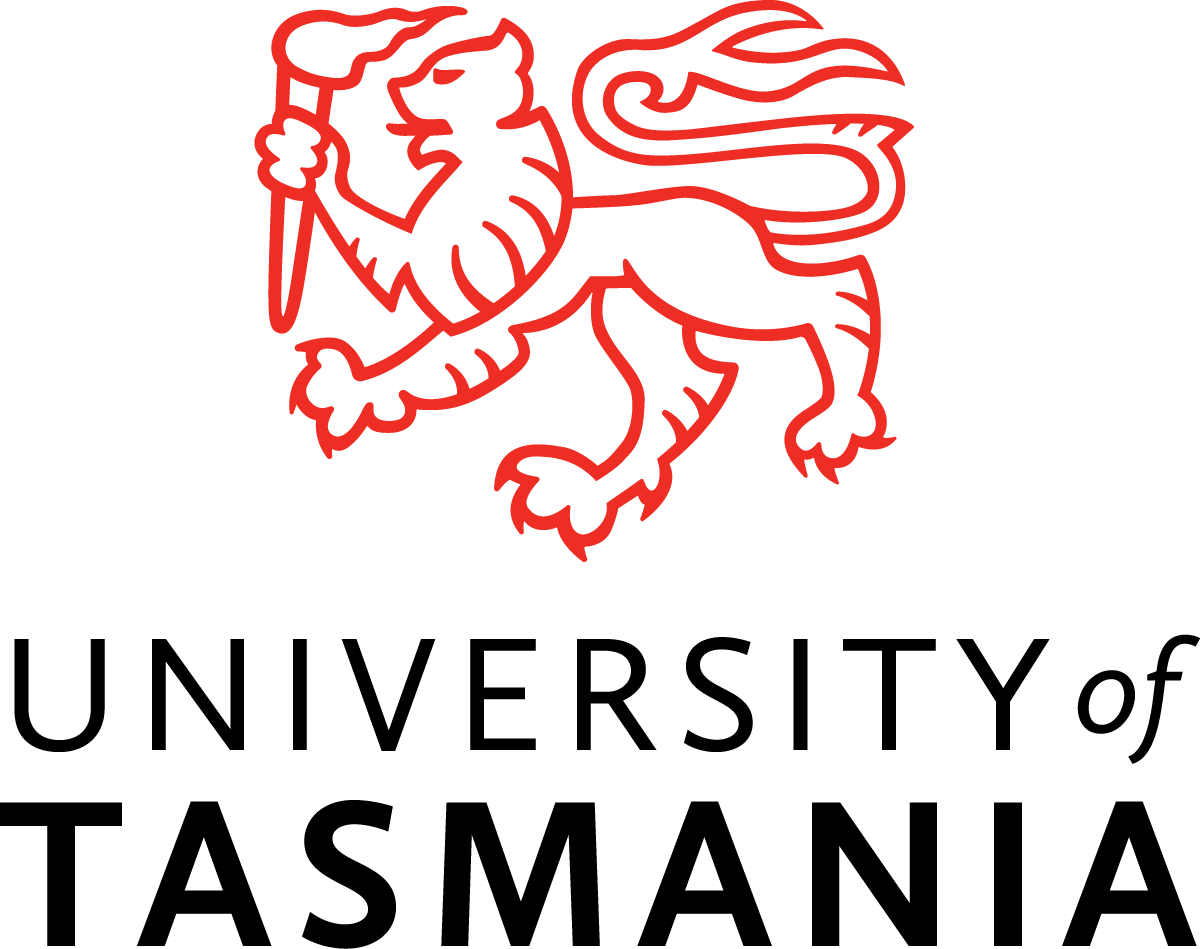by Professor Rosalind Dixon
Rosalind Dixon is a Professor of Law at UNSW Sydney and Director of the UNSW Pathways to Politics for Women program.
The federal election in Higgins is shaping up to be a tough contest – but one that gives real hope for Australian democracy and the role of women in it.
The election will be contested by four female candidate teams: Dr Michelle Ananda-Rajah (ALP), Dr Katie Allen (Liberal), Angelica di Camillo (Greens) and Bronwen Bock and Lucy Bradlow (Independent).
With the exception of Michelle Ananda-Rajah, all of those teams are also Pathways to Politics for Women graduates.
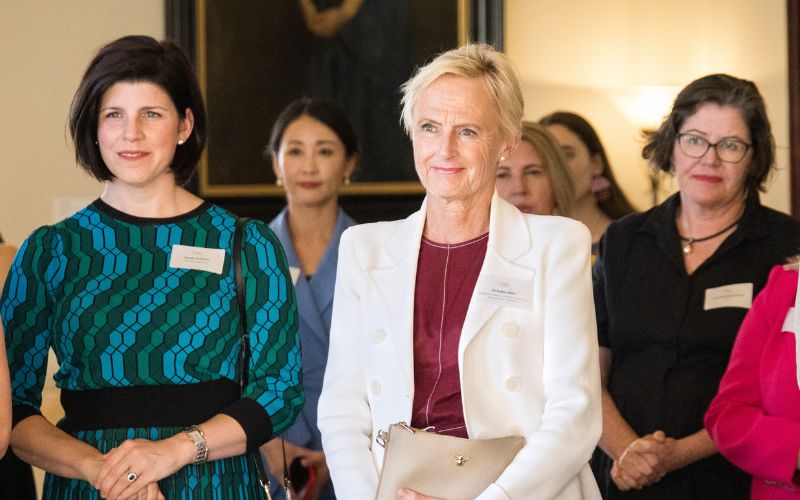

What is striking about this contest is also the way in which it represents a true contest, but one that is equally truly inclusive. The match-up will feature experienced and novice political candidates; and women from different cultural and professional backgrounds. This is critical to the actual and perceived legitimacy of our Parliament – as an institution whose role is to represent or speak for us all.
It will also feature the first job-share candidate team – Lucy Bradlow and Bronwen Bock are promising to run as a two-for-one job-share team. Their motivation is also closely linked to concerns about inclusion: Lucy is a long-time gender equity and flexible work advocate, and Bronwen is a parent with small children, who feels unable to run without this kind of innovative, shared approach to political leadership.
There are lots of questions about how this experiment will turn out: will the voters of Higgins continue to vote for change and disruption in our politics, and endorse this bold new approach? Will they prioritise the pressing demands of climate change policy, and give Greens’ candidate Angelica di Camillo a higher primary vote share? Or will they revert to the safer version of two-party politics and political experience – and hence prefer the incumbent, Michelle Ananda-Rajah or former Higgins MP Liberal Katie Allen?
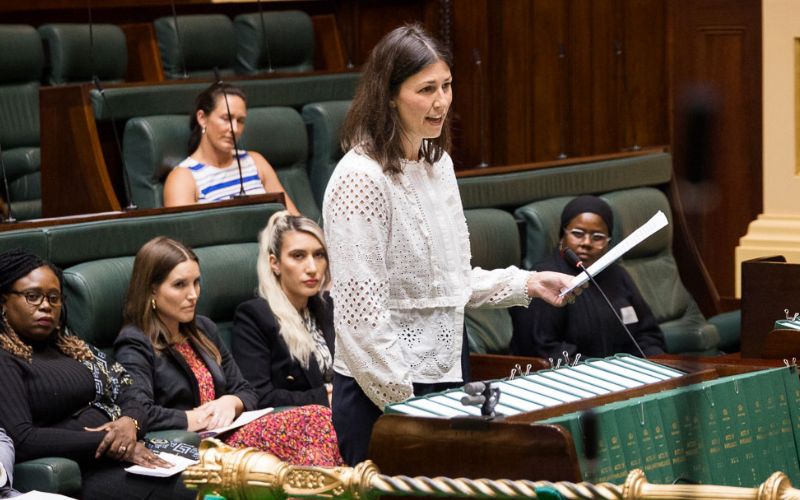
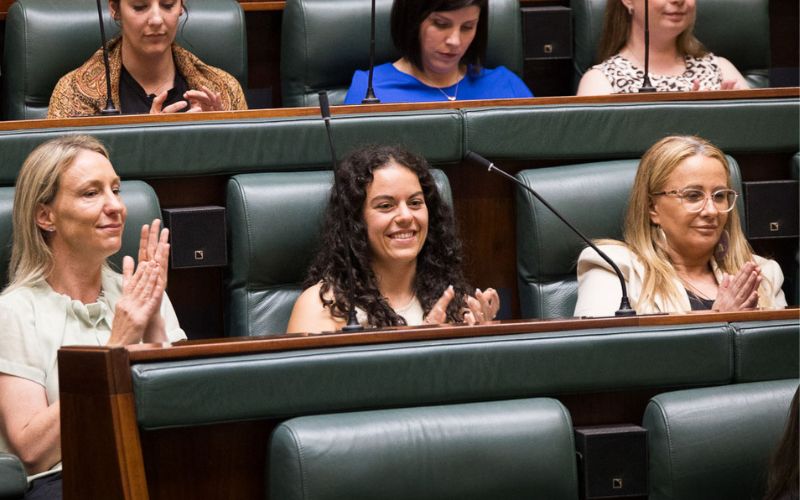
What is clear, however, is that Australian politics is entering a new and more vibrant and inclusive era. A competition among women, with different backgrounds and visions, is a truly inclusive contest, which suggests that the system is on the verge of change – to become open to all.
Contests of this kind also help shift our perceptions of what politicians look like, and how they should behave: when women go up against men, their behaviour is often judged against a male standard. But when women go up against other women, the full shades of individual approaches can shine through, without gendered yardsticks or forms of judgment.
Even the idea of a political job-share also helps shift our frame, to rethink what it means to lead or represent an electorate, and how we can redesign all jobs – to make them more fit for purpose for working families in the 21st century.
Whatever the naysayers might say, politics is a tough and all-consuming job. Sharing the load is thus not about shirking – but rather stepping up to make change. And we desperately need change in all sectors if working parents – and especially working mothers – are to play a full and equal role in our nation’s economy and politics.
As a constitutional lawyer, I am not sure whether the proposed Bock-Bradlow arrangement would survive a High Court challenge. Professor Kim Rubenstein, their lawyer and advisor, thinks yes. Professor Anne Twomey thinks no. I think maybe.
The issue is line-ball and depends on what you make of some singular versus plural references to “member” versus “members” in the Constitution, and the underlying purposes of provisions governing election to the House of Representatives.
Certainly, if Bock and Bradlow are elected, there would need to be legislation clarifying the nature and accountability within such an arrangement. And there would almost certainly be a High Court challenge.
What matters most, however, is how the Bock-Bradlow team are changing the conversation on leadership. Even running as a team invites us to rethink our traditional notions of leadership in the public and private sectors, and to imagine a more shared, inclusive model of leadership.
This is a model I have consistently defended elsewhere, and it could certainly be a constitutionally viable model in state parliaments.
Job-sharing at a state level would also benefit a wide range of candidates beyond working mothers. Think of MP’s from our regions who are literally required to criss-cross the state before flying to the state’s capital to vote.
There is a lot we can do to make this more manageable, including through virtual committee hearings and parliamentary votes. And like job-sharing, changes of this kind would help the regions and working parents.
The upcoming contest in Higgins, therefore, is ultimately a contest that gives us many reasons to hope – the hope for a more inclusive form of politics at every level, as well as beyond the halls of government.
– Professor Rosalind Dixon
